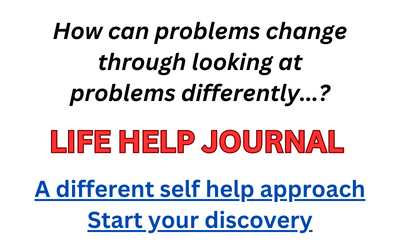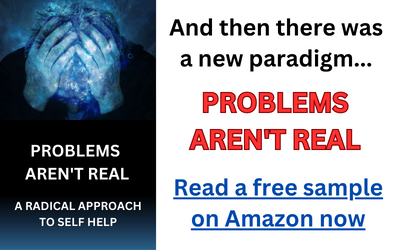Since the ultra popular book, Men Are From Mars – Women Are From Venus, was first published an assumption seems to have taken hold that, somehow, problem resolution for men and women should be approached differently. Men and women are so distinct after all (they’re from different planets!).
I don’t deny that men and women may, sometimes, see the world differently — though I don’t subscribe to the notion that men and women have different world views across the board. In any event I believe there is overlap in some sound advice about relationships that applies to men and women equally. Here’s the advice:
Be selfish.
This is not meant to say that we shouldn’t be generous and compromising in our interactions. It is meant to say that we should consider our own state of being before we consider, or complain about, someone else’s state — including our romantic partner. The fact of the mater is, it’s a very typical human trait to blame others for our emotions.
You make me angry! You make me unhappy! You disappoint me! You make me feel sad!
All of these declarations involve strong elements of accusation. I’m not to blame — you are! They are also inherently irresponsible. And they are fundamentally incorrect.
Emotions are not caused by external conditions. Emotions are internal: they move from the inside out, not outside in. Nothing in the world, including other people, causes you to have an emotional reaction: your personal interpretation of things within the world, including other people, causes you to have an emotional reaction.
So when you accuse someone else of causing you to have an emotional reaction — anger, disappointment, sadness, whatever else — you are stating an outright falsehood. Other people aren’t causing you to feel any emotion; that process is coming entirely from you.
Within the context of a relationship then, as a growth exercise, take responsibility for your own being rather than wrongfully considering your partner as the cause. How much improved would interpersonal relationships as a whole be if each of us came from a point of taking responsibility for how we emotionally feel?
It’s certainly possible that your partner won’t reciprocate in accepting emotional responsibility, even if you should try to do this. If this is the case and your partner continues to blame you for their emotions, it represents a growth opportunity. Why?
Because you now have a chance to put your practice into action. Your partner is behaving in a way that you probably don’t much appreciate — will you get angry as a result? If so whom will you consider to be the responsible party? Or might you instead look inward, so to speak, recognize that any emotion you feel is an inside job and choose not to engage whatever emotion is there and simply observe it instead?
Accepting emotional responsibility will help strengthen important relationships if for no other reason than it will reduce conflict escalation. The blame factor will be diminished or will no longer be there at all, and so the motivation to emotionally escalate will be diminished as well.
Accepting emotional responsibility will also help you as an individual. How? It will bring you back to the reality that you have full control over your emotional state of being, and that emotional responses are actually within your choice.
This represents a profound glimpse into true freedom.

